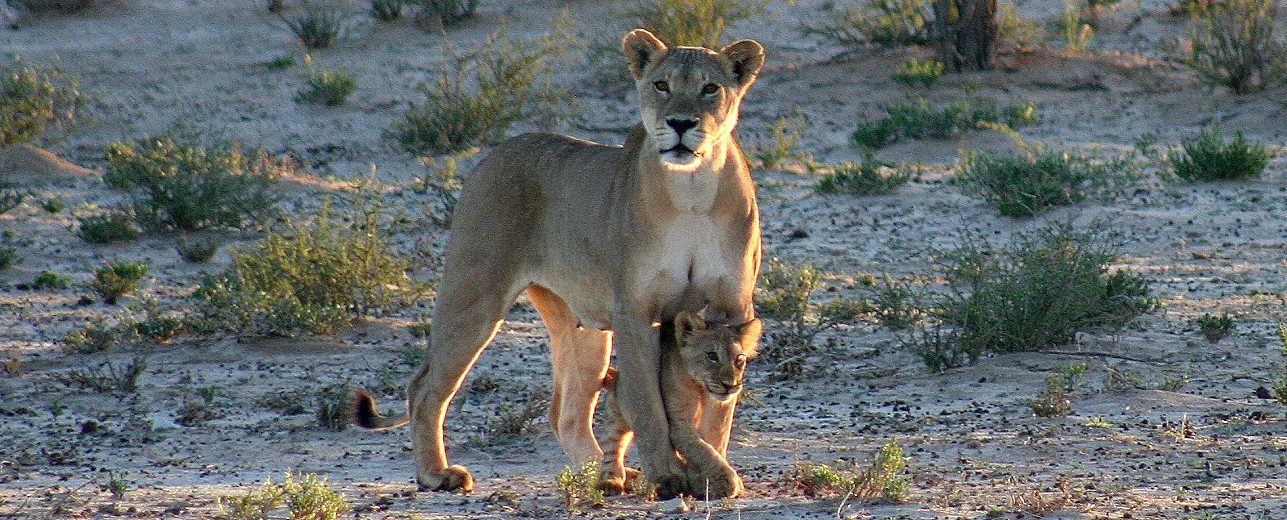It is well known that a gauge of a healthy ecosystem is judged by its predators. The top feeders are a litmus test for everything underneath.
We now learn that the link between humans and nature is at the cutting edge of modern psychological study. As all indigenous people will tell you, when the environment is under threat they experience a profound feeling of spiritual disquietude, or dis-ease. This is now being recognised as a factor in modern psychoses and solastalgia is the term for this environmentally connected psychic distress.
So it is of great concern that the number of big cats in Africa is declining fast. In fact, so rapidly that the estimated number is less than the worldwide population of rhino (some 20,000 odd).
Caused by the usual culprit (habitat encroachment and all the corresponding issues around that) there is now another, more insidious, agent – the substitution of lion bones for tiger bones in traditional Chinese medicine. Ah yes, the downside of globalisation, I hear you say.
What does this bode for the psychological and spiritual health of Africans?
Many urbanised Africans are still relatively in touch with the natural world – they gather firewood, collect rainwater, cook outside, keep chickens and grow a mealie patch.
And so this destruction of the natural world as signalled by the decline in the continents predators is, I feel, more deleterious to Africans than to those cultures who’ve already become accustomed by centuries of separation from nature. It’s a wrench that is happening all too fast to be absorbed and integrated healthily in the collective African psyche.
Soliphilia is another neologism that descibes “the love of and responsibility (my emphasis) for a place, bioregion, planet and the unity of interrelated interests within it.”
As the rest of the developed world now realises it cannot separate itself from nature – that, in fact, nature needs to be nurtured if we are all to survive – is it not possible that culturally and spiritually a synergy could exist? Africa is still relatively connected. African culture bursts with beliefs and stories around its wildlife and rich natural heritage.
I see a great opportunity for mutual enlightenment and understanding on a deeper psychological level here. And this kind of recognition would do wonders for Africans’ self-esteem.
As the title of this piece suggests, we are married to the Earth. Physically, spiritually and everything in between. Never before has there been such an clarion call for us to fulfil our marital obligations. If we abandon our responsibility? Well then, Earth is in no way obligated to us, now is she?

Great post and your marriage comment resonates with me.
Glenn Albrecht